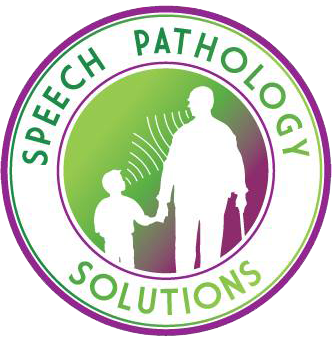quality speech language services
Fluency, or the ability to speak smoothly and without interruption, is a critical aspect of effective communication. People who struggle with fluency, such as those who stutter, may find it difficult to express themselves and may experience frustration, anxiety, and social isolation as a result. Speech therapy can be an effective treatment for people who stutter, as it helps them learn strategies and techniques to improve their fluency and manage their stuttering. Our speech pathologists help individuals practice specific speech sounds and syllables, as well as breathing and relaxation techniques.



who we help
Browse our services by age group, and learn more about how we can help you according to your individual needs.
frequently asked questions
Fluency in speech pathology refers to the smooth and effortless flow of speech. It is characterized by a consistent rate, rhythm, and melody. People who have fluency disorders may experience disruptions in the flow of speech, such as stuttering, hesitation, or repetition of sounds, syllables, or words. These disruptions can have a significant impact on communication and overall quality of life.
Stuttering is a type of fluency disorder characterized by disruptions in the flow of speech, such as repetitions of sounds, syllables, or words; prolongations of sounds; and blocks, which are moments of silence during speech. Stuttering can also involve secondary behaviors, such as eye blinks, head jerks, or facial tension, that may accompany the speech disruptions. Stuttering can vary in severity and can occur in different forms, such as developmental stuttering, neurogenic stuttering, and psychogenic stuttering.
The exact cause of stuttering is not fully understood, but it is thought to be a result of a complex interaction of genetic, neurological, and environmental factors. Some research suggests that stuttering may be related to differences in the structure or function of certain areas of the brain that are involved in speech and language. Other studies have also shown that stuttering may be inherited through a family's genes. Environmental factors, such as stress, anxiety, and trauma, may also play a role in the development of stuttering.
Treatment for stuttering typically involves a combination of therapies and techniques that can help a person improve their fluency and reduce the frequency and severity of their speech disruptions. Speech therapy is the most common treatment for stuttering and may involve techniques such as slow speech, easy onset, and smooth speech. Behavioral therapy may be also used to help individuals learn to manage their emotions, such as anxiety and stress, which may trigger stuttering. Medications such as anti-anxiety medications or antidepressants may also be used to help manage symptoms.
insurances accepted





be the best version of yourself -
we'll help you along the way

gain confidence to speak with ease

showcase real academic abilities

connect deeply & genuinely with others

reclaim lost skills & independence



